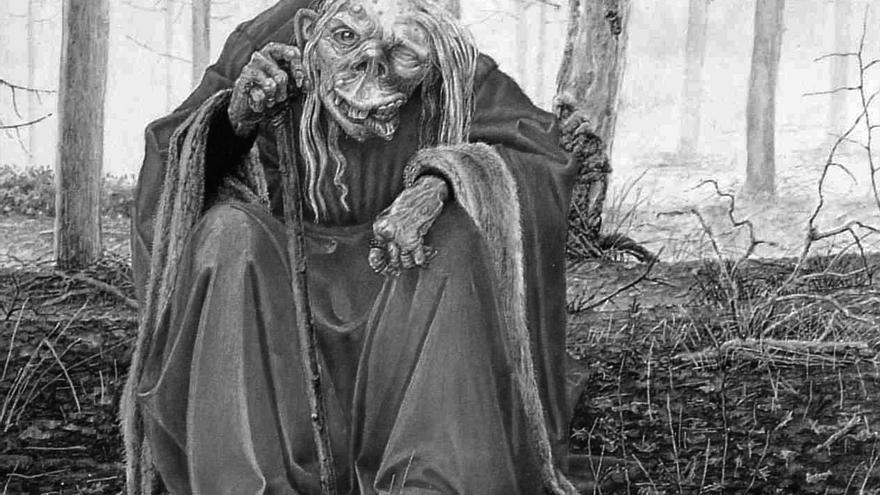Malory’s work was a compilation of many of the texts we read over the course of this semester. But, he made many changes to them to tell the story in his own way. Which narrative do you think is the best example of this and how did the changes he made shape change the overall message of the story he was retelling?
Author Archives: Matt
A Blog Question for 3-14:

Three Romances of Sir Gawain:
The Wedding of Sir Gawain and Dame Ragnelle and The Turke and Sir Gawain seem to have striking similarities to the plot of Sir Gawain and the Green Knight. What stood out to me the most in my interpretations of the texts was Sir Gawain was constantly trying to prove he was the most valiant knight of King Arthur’s court by accepting challenges which no other knight’s had the courage to face. There are other elements of these tales which I felt connected them to one another like magical trials, the trading of blows, and Gawain’s unwavering need to honor his own word. My question to you is what connections do you see between these stories? You can build on one of the examples I have given or use your own.
Blog question 3/12:
What is your view of King Arthur after reading this poem? Should he be perceived as being a virtuous man or is his life meant to be a cautionary tale? Does this story show the king in a negative light? If you think so, what do you think Arthur’s greatest sin was? If you are of the opinion he is a chivalric role model then which point of the text best illustrates this idea?
Extra Credit: Blog Post

Literacy rates in the Roman Empire were almost as high as they are now. Is it actually believable that people just gave up on teaching children to read in western Europe after the Romans pulled out? I think that this never happened. There may be a black hole of data to support my theory, but my suspicion is that there was too much civil unrest at the time to preserve the vast majority of people’s writings. We have also read in The Knight with the Lion and in Silence accounts of women who are extremely literate. What are your thoughts of literacy in the so-called Dark Ages?
https://upload.wikimedia.org/wikipedia/commons/thumb/5/55/Literacy_1-2000.jpg/800px-Literacy_1-2000.jpg
R Feb 7: QUESTION 2 FOR SILENCE:
For me, Silence’s tale is very different from anything that we have read so far. There are elements of God’s will, the supernatural, and courtly love which are easily found above the surface of the text. But, I do not think that any of these things are the most important elements to be discovered within this story. Even Silence’s hidden sex seems to be equally unimportant. The most important aspect of this story to me is workings of diplomacy between kings and lords. Silence’s true sex never comes into question by either of the two kings’ advisors. When the King of France and England are deciding Silence’s mortal fate, their most trusted men never ask if this pretty young dude is actually a dude. What does come in to question is if these men are acting honorably according to the standards of their culture? Do you think that these two Kings acted honorably or not in their handling of the problem with Silence?
T Feb 5: Silence
For me, the opening of this text seems to be a subversive statement that is aggressively poised toward the ruling class. Do you think that I might be correct? My interpretation of the narrative is that the author of Silence seems to be loudly attacking the upper echelons of society repeatedly. In lines 41-42, the writer writes this about the rich, “Honor is so scarce with them / that they haven’t a fistful of it” and then he jots down that it is “better to be gracious and frank / than to be a stingy King of France.” I may be wrong, but I think that these short verses would’ve been dangerous proclamations for him to scribe down in his own time. Do you agree or not to this idea? The last thing that I wanted to ask your opinion about is Eufemie’s relation to “the seven arts” which are what know today as the liberal arts; grammar, logic, rhetoric, arithmetic, philosophy, geometry, astronomy, and physics. Does the author’s inclusion of Eufemie’s educational background challenge your notion of medieval women’s scholastic aptitude? If it does then what are your thoughts? I know that I have placed many questions before you, but there is only really one real question; do you find this text to be subversive for its time?
